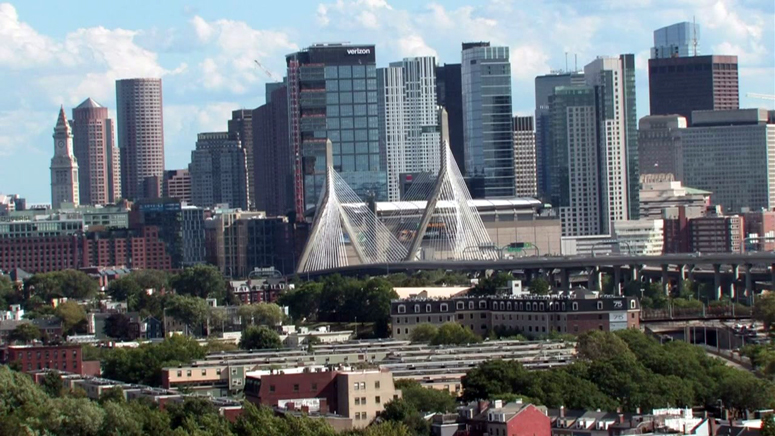Boston hotels stand in an economic depression after experiencing the second-steepest financial losses related to COVID-19 among major U.S. markets, according to a new industry group report.
In May 2021, the final full month that Massachusetts had a state of emergency in place, Boston hotels brought in one-third as much revenue per available room as they did two years earlier, the American Hotel and Lodging Association found.
The association, which has long warned about the pandemic’s devastation on the hospitality industry and called for additional federal funding, found that seven of the top 25 American hotel markets including Boston remained in what it deemed a depression in May. Another 14 markets are in a recession, the organization said.
According to AHLA, revenue per available room for Boston hotels plummeted from $184 in May 2019 to $61 in May 2021, a 67 percent drop surpassed only by the 70 percent decline in San Francisco.
“While some industries are starting to rebound as COVID-19 restrictions ease across the country, the U.S. hotel industry is still in a recession, with the hardest-hit markets, including Boston, in a depression,” AHLA President Chip Rogers said in a statement.
Nationwide, AHLA estimated the revenue available per room stood 22 percent lower in May 2021 compared to May 2019.
Urban markets are particularly hard hit, with revenue down more than half over the two-year comparison window, while smaller metro areas, resorts, and interstate markets hauled in about as much in May 2021 as May 2019.
Only three of the 25 markets the industry group studied earned more this May than they did two years ago: the Norfolk/Virginia Beach area in Virginia, where revenue was up 1 percent; Tampa, Florida, where AHLA found a 10 percent increase; and Miami, where revenue jumped 31 percent.
Lodging and entertainment businesses have been some of the hardest-hit during the public health crisis that brought forced shutdowns and large-scale shifts in consumer patterns.
Employment in the Massachusetts leisure and hospitality sector cratered from 383,300 in February 2020 to 158,000 in April 2020, representing a loss of more than 58 percent of jobs, according to state labor data. The outlook has recovered month-by-month since then, but the 281,400 leisure and hospitality jobs in May 2021 still lagged pre-pandemic levels by more than 100,000.
In May public meeting minutes, the Massachusetts Convention Center Authority estimated more than 500,000 citywide sales room nights were canceled between March 2020 and December 2020 and another 334,000 were canceled for 2021.
While public activity has rebounded in recent months, the association said it does not believe business travel — a major driver for the hotel industry — to return to 2019 levels “until at least 2023 or 2024.”
Rogers said the $1.9 trillion American Rescue Plan Act instructed state and local governments to spend some of their relief funding on the hospitality sector, but called for Congress to steer additional funding directly to hotels.
“While many other hard-hit industries have received targeted federal relief, the hotel industry has not,” Rogers said. “We need Congress to pass the bipartisan Save Hotel Jobs Act so hotels in the hardest-hit regions, especially urban markets, can retain and rehire employees until travel demand, especially business travel, comes back to pre-pandemic levels.”
(Copyright (c) 2024 State House News Service.

